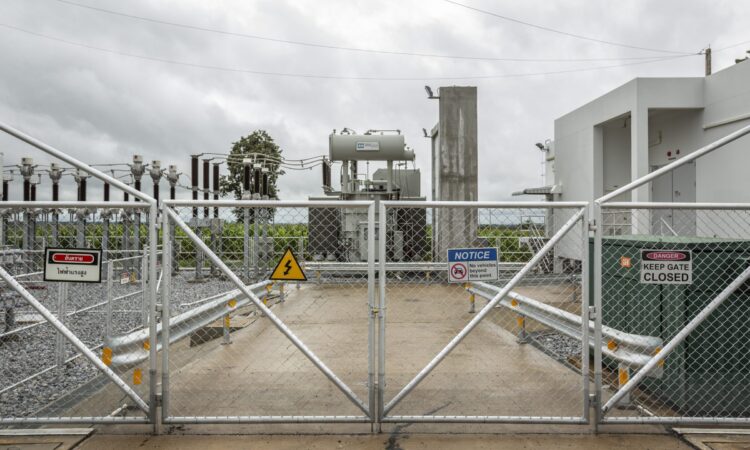
Report finds the private sector is insufficiently involved in preparing sustainable projects in poorer nations
The European Commission should establish a “sustainable finance advisory hub” to assist lower and middle-income countries in developing their own sustainable finance frameworks, including standards, taxonomies and disclosure rules, recommends a report by the EU executive’s high-level expert group.
The April 30 report says mobilising private finance in LMICs would be “mutually beneficial” for EU member states, which stand to benefit from new sources of renewable energy derived through partnerships with these countries.
“The EU is looking for strategic partners in LMICs to diversify and secure its supply of affordable, renewable energy and of critical raw materials, and partner countries can benefit from tapping into this growing demand,” it says.
Citing the World Bank, the report observes that LMICs need to invest at least $1.5tn annually in sustainable infrastructure until 2030.
The commission working group found that the private sector is not sufficiently involved in preparing sustainable projects in LMICs, and that there is a lack of expertise and funding for these initiatives. “Private players are often reluctant to fund the expensive and risky process of project preparation,” it says.
In 2022, as part of its attempt to scale up sustainable finance for LMICs, the commission envisaged setting up a sustainable finance advisory hub comprising EU development agencies and development finance institutions.
According to the working group paper, such a hub would assist LMICs’ central banks and financial institutions as they consider climate and nature-related financial risks. Support should also be offered to promote the interoperability of these countries’ sustainable finance frameworks.
The paper says the commission should separately create a digital platform that would help LMICs manage sustainable projects and also offer investors information on projects, such as details about contracts.
“It is time for the commission to work more closely with its partner nations in low and middle-income countries to promote ambitious sustainable finance frameworks in international forums as well as with global standard setters, and make them truly interoperable,” says Sebastien Godinot, senior economist at non-profit WWF, which is a member of the high level expert group.
You can read the full report here.






